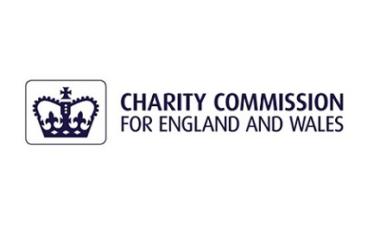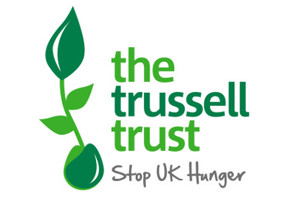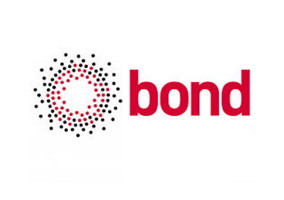The Charity Commission has withdrawn guidance telling charities that they may need to report a serious incidents if they are seriously impacted by coronavirus.
It published a news item yesterday but the tone of the guidance was criticised on social media, and the regulator has now changed it.
Yesterday it published a tweet telling charities that “the virus may result in your charity needing to report a serious incident” and linking to the guidance. The tweet has now been deleted.
Part of the guidance stated that if a charity stops all or a significant part of its work due to coronavirus, this would be a significant impact on its operations and serious harm to the charity’s work, so the Commission would expect this to be reported.
Charity workers described the guidance as unhelpful and burdensome. They also suggested that the regulator was out of touch.
Adding this pressure for charities at this point is less than helpful or appropriate. We are hearing enough about reviewing risks, providing services, managing finances etc. Don't load more onto charity leaders at this point, come back later in a more helpful way. https://t.co/TXKENP3Mc4
— Jenny Berry (@jennyberryacevo) March 12, 2020
It just shows how disappointingly out of touch @ChtyCommission is with the charity sector. #COVID19 https://t.co/7Lfbk1Ltkj
— Kate Carroll (@katercarroll) March 13, 2020
NCVO chief executive, Karl Wilding, has said he will be meeting with the Commission to discuss the guidance.
A number of people have been in touch with me today re the @ChtyCommission guidance on Covid-19 and serious incident reporting. My timeline is also rather full.
— Karl Wilding (@karlwilding) March 12, 2020
My @ncvo colleagues and I will talk to our @ChtyCommission colleagues tomorrow.
'Not as helpful as we would have liked'
At 12.30 today, nearly 24 hours after issuing the guidance, The Commission replaced the news item with a statement urging charities to follow Public Health England advice.
It said: "We've received many enquires into our call centre about the reporting process on RSI [reporting serious incidents]. Unfortunately, our initial response was not as helpful as we would have liked.
"Therefore, we would like to clarify that charities should continue to report serious incidents using the current guidelines and their own judgment, and we will advise when this situation changes."
First version of the Commission's Covid-19 advice
The original statement published yesterday said: “During the current uncertainty surrounding the spread of coronavirus, charities are urged to check the most up-to-date advice from Public Health England.
“The virus may result in incidents which should be reported as a serious incident to the Charity Commission, but these need to lead to a significant impact on your charity.
“For example, if your charity stops all or a significant part of its work due to coronavirus this would be a significant impact on its operations and serious harm to the charity’s work which we would expect to be reported. Examples would be a school that has to close or a charity that has significant activities in China which it has stopped.
“Cancelling a fundraising event may be reportable depending on the impact. If it might result in significant loss of expected funds and/or insolvency issues for your charity, then it should be reported. Similarly, if coronavirus results in insolvency issues for some other reason, this should also be reported.
“Where a charity thinks it might be affected due to the nature of its activities or service users but there is no impact yet, they do not need to make a report now. For example, a care home which is taking all appropriate measures to protect vulnerable residents and staff but has not had any suspected cases of coronavirus currently would not need to make a report.
“It is ultimately the responsibility of the charity trustees to decide whether an incident is significant and should be reported.”
The Fundraising Regulator has issued some advice, focusing on fundraising events and Covid-19.
Related articles












